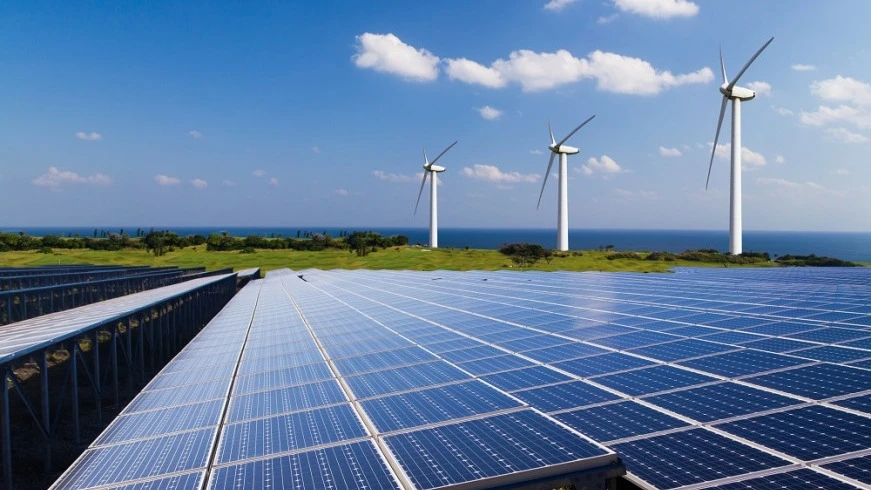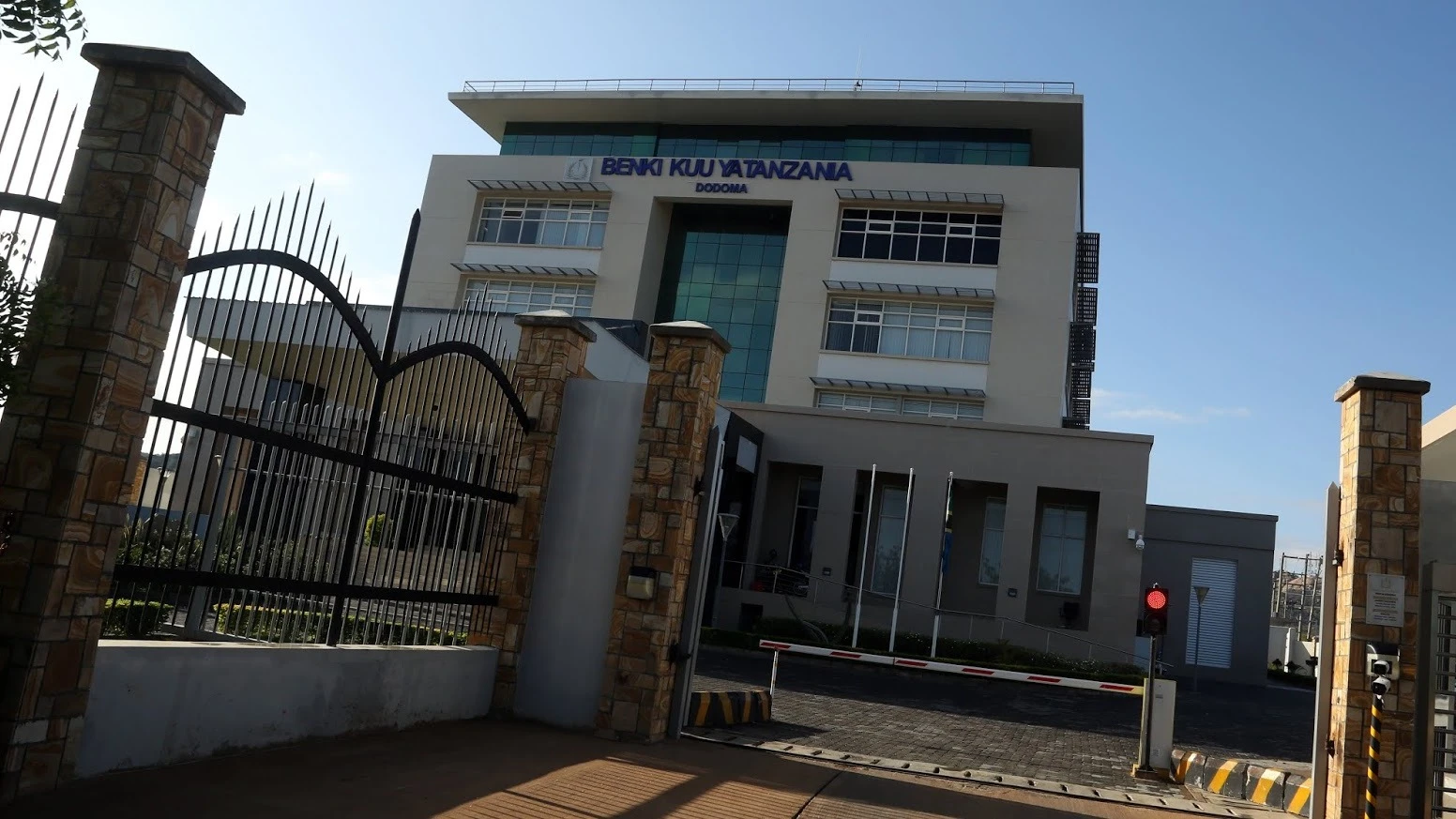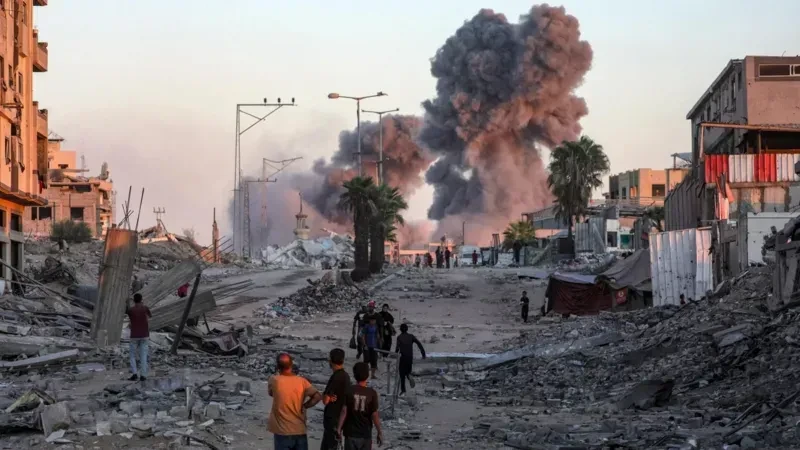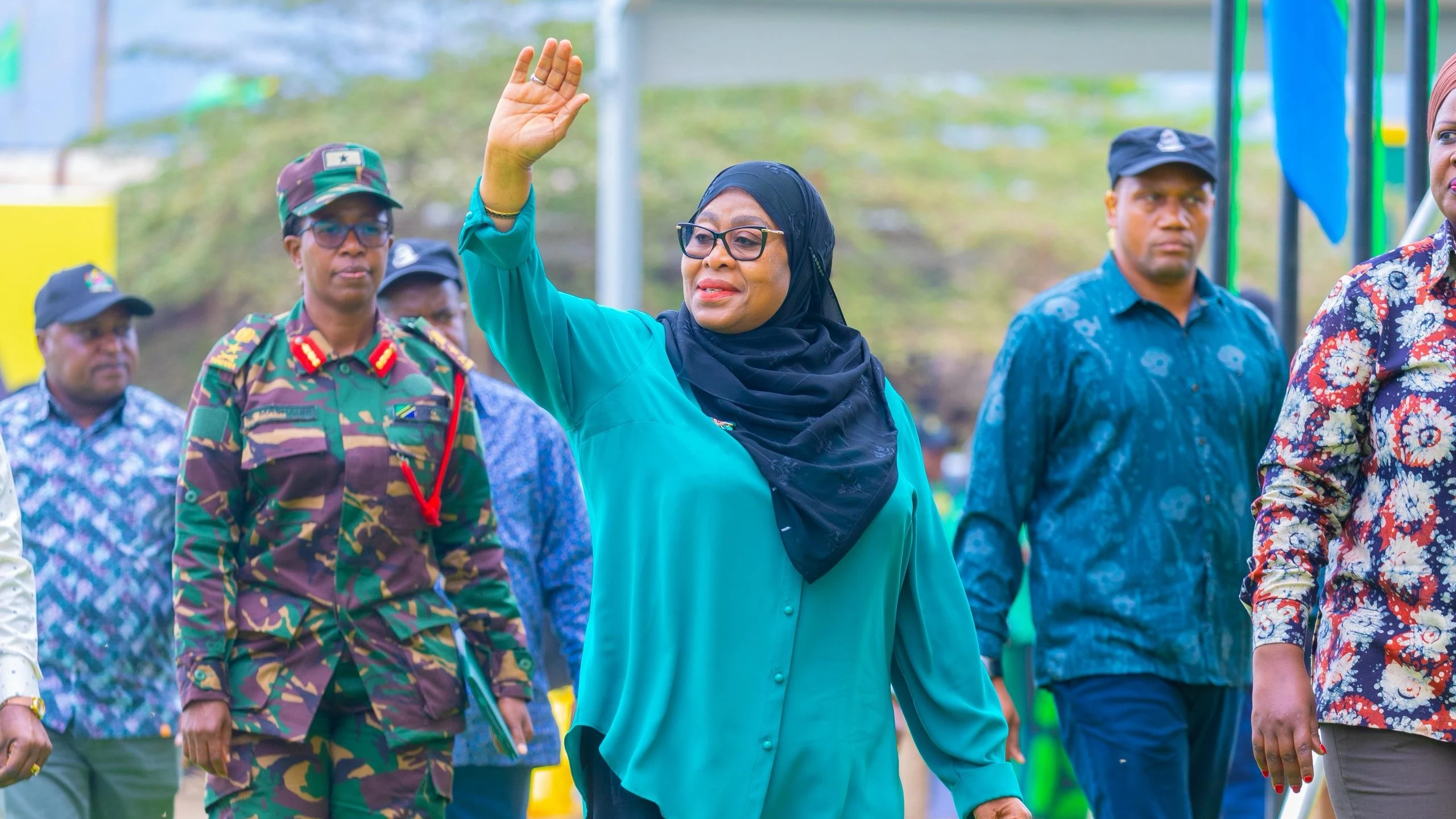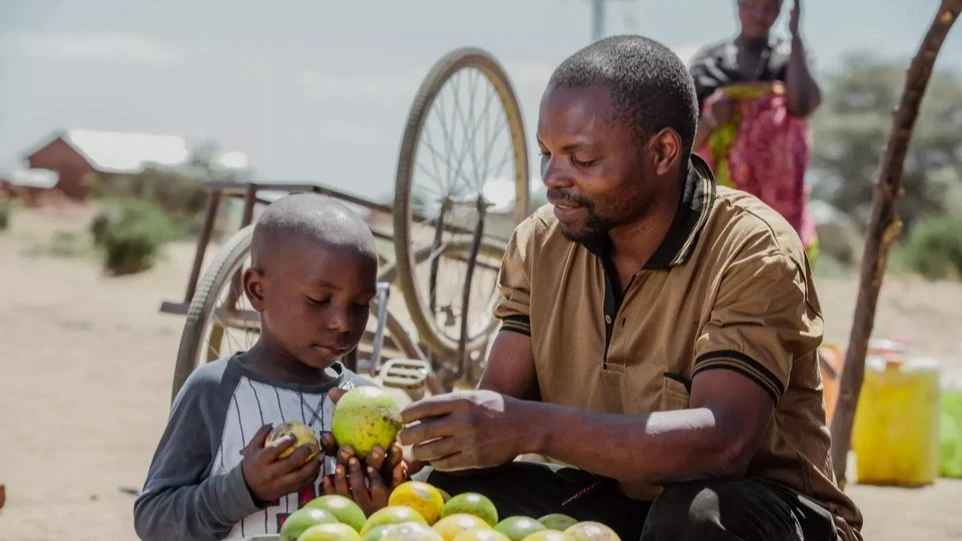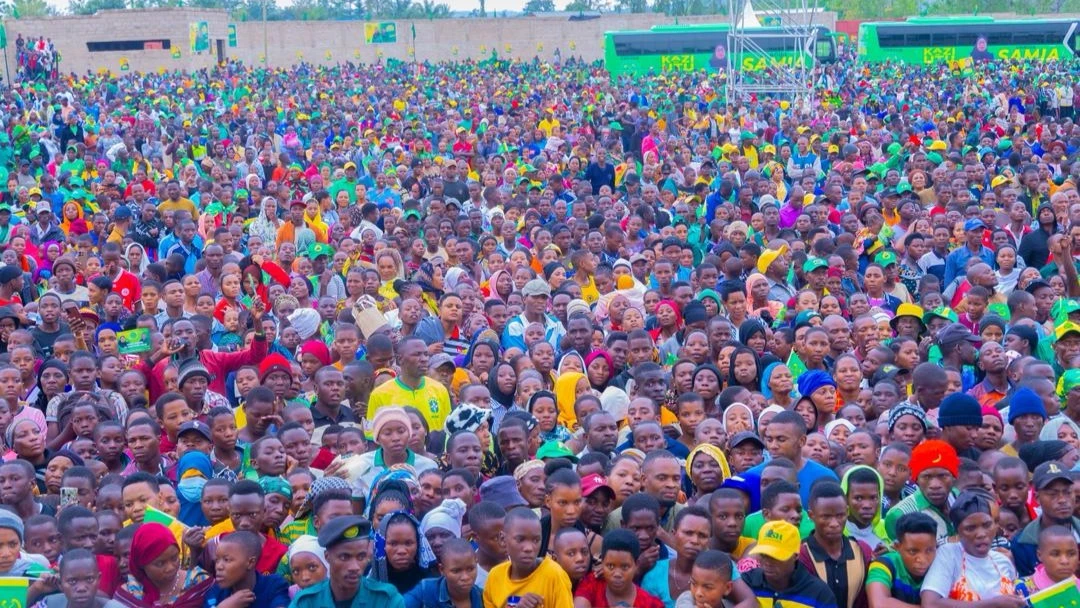Investments reach 6.18trn/- in first quarter of 2025/26
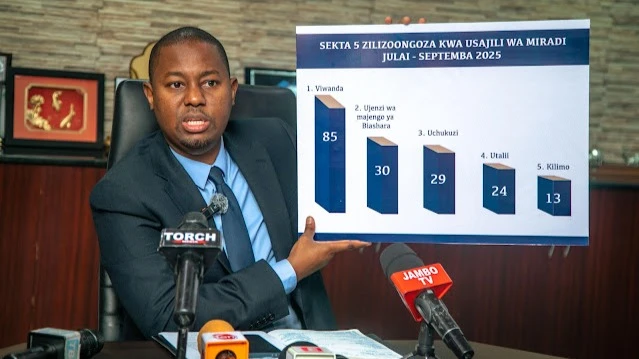
A TOTAL of 201 new investment projects valued at 6.18trn/- were registered in the first quarter of the current financial year (July to September) across the country.
Gilead Teri, the Tanzania Special Economic Zones Authority (Tiseza) executive director, said at a press briefing in Dar es Salaam yesterday that the registered projects have the potential to generate over 20,800 new jobs in industry, transport, tourism and agriculture.
The strong performance shows that investor confidence remains resilient, even with the looming polls, he said, underlining that the figures show that confidence is well spread across sectors and regions.
“Tanzanians should be alert to the opportunities ahead,” he urged, noting that out of the 201 new projects, 130 are foreign-initiated while 120 are joint ventures, where the industrial sector led the way with 85 registered projects. Commercial building construction has 30 projects, 29 relate to transport, 24 are directed at tourism and 13 to agriculture, he stated.
The commercial capital was the location for the highest number of new projects, harbouring the largest capital injection for the period, with 79 projects attracting 2.03trn/-, he said, affirming that this surge reflects the government’s ambitious plan to attract 36.86trn/- for fiscal 2025.26.
The city’s strong showing was complemented by Coast Region with 29 projects billed at 417.99bn/-. Mwanza with 12 projects valued at 482.97bn/-, Dodoma having 13 projects totalling 455.32bn/- and Arusha securing 16 projects pegged at 261.02bn/-, he stated.
Special investment zones of Bagamoyo, Kwala, the Benjamin Mkapa Zone in Dar es Salaam as well as Buzwagi mining zone in Kahama District are expected to attract numerous investments, while Ruvuma, Mirerani and Tanga are similarly seeing investors digging in, he stated.
Investors who establish a factory within 12 months in any designated zone will be allocated land free of charge, he said, remarking that these zones are designed to fast-track investment and reduce barriers to entry, especially for large-scale industrial projects.
The agency has identified priority sectors within the zones, with fast-moving consumer goods, leading the pack, followed by textile manufacturing. Others are pharmaceutical production, vehicle assembly with auto parts, aside from paper and packaging, he said.
Other priorities are rubber and tire production, boat and motorcycle engine manufacturing, apart from solar and battery technology, electrical devices, plus furniture for the construction industry, he elaborated.
“These sectors have high growth potential, strong capacity for job creation and the ability to generate significant export value,” he further noted, emphasizing that despite the politically sensitive season, the country remains stable and transparent as an investment destination.
He appealed to investors to make decisions from official data issued by the agency and other government institutions, remarking that his sustained pace of investment shows trust in our long-term stability, policy direction and commitment to economic transformation.
With a 36trn/- target in sight, focus now shifts to how the regions—led by Dar es Salaam—can leverage this surge to fuel inclusive development, create jobs and expand the industrial base as a whole, he added.
Top Headlines
© 2025 IPPMEDIA.COM. ALL RIGHTS RESERVED











